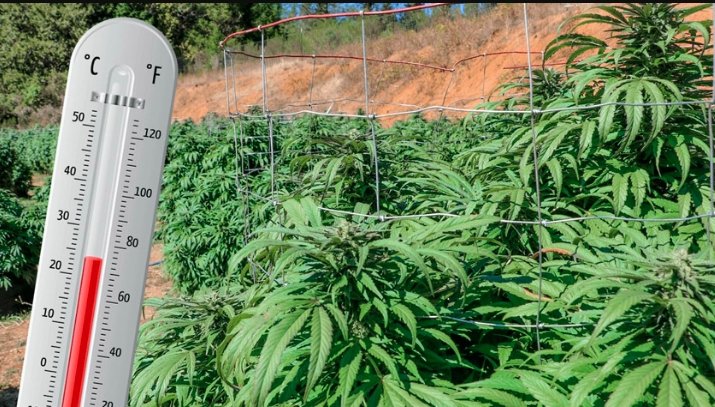The Cannabis Control Commission recently held a hearing to discuss the various challenges facing outdoor cannabis cultivation. Stakeholders from different sectors presented their concerns, highlighting regulatory, environmental, and economic hurdles. The commission aims to address these issues to facilitate the growth of the outdoor cannabis industry, which is seen as a sustainable and cost-effective alternative to indoor cultivation. This article delves into the key points raised during the hearing and the potential solutions being considered.
Regulatory Challenges
One of the primary hurdles discussed was the complex regulatory framework governing outdoor cannabis cultivation. Growers expressed frustration over the stringent licensing requirements and the lengthy approval process. These regulations, while intended to ensure safety and compliance, often create significant barriers for small-scale farmers. The commission acknowledged these concerns and emphasized the need for a more streamlined and transparent regulatory process.
In addition to licensing issues, growers also face challenges related to zoning laws. Many regions have restrictive zoning regulations that limit where cannabis can be cultivated. This has led to a shortage of suitable land for outdoor growing, forcing some farmers to operate in less-than-ideal conditions. The commission is considering revising these zoning laws to provide more flexibility and support for outdoor growers.

Another regulatory challenge is the lack of standardized testing procedures for outdoor cannabis. Unlike indoor cultivation, outdoor crops are exposed to varying environmental conditions, which can affect the quality and consistency of the product. The commission is working on developing standardized testing protocols to ensure that outdoor cannabis meets the same quality standards as indoor-grown products.
Environmental Concerns
Environmental sustainability was a major topic of discussion during the hearing. Outdoor cannabis cultivation is often touted as a more eco-friendly alternative to indoor growing, which requires significant energy and water resources. However, outdoor cultivation also presents its own set of environmental challenges. Growers must navigate issues such as soil health, water usage, and pest management to ensure sustainable practices.
One of the key environmental concerns is the impact of cannabis cultivation on local ecosystems. Outdoor growing can lead to soil degradation and water contamination if not managed properly. The commission is exploring ways to promote sustainable farming practices, such as organic cultivation methods and integrated pest management. These practices can help mitigate the environmental impact of outdoor cannabis farming.
Water usage is another critical issue for outdoor growers. Cannabis plants require substantial amounts of water, and in regions facing water scarcity, this can pose a significant challenge. The commission is considering implementing water conservation measures and providing resources to help growers adopt more efficient irrigation systems. By addressing these environmental concerns, the commission aims to support the long-term sustainability of the outdoor cannabis industry.
Economic Implications
The economic potential of outdoor cannabis cultivation was also a focal point of the hearing. Outdoor growing is generally more cost-effective than indoor cultivation, as it eliminates the need for expensive lighting and climate control systems. This cost advantage can make outdoor cannabis more accessible to small-scale farmers and contribute to the overall growth of the industry.
However, the economic benefits of outdoor cultivation are not without challenges. Growers face significant upfront costs related to land acquisition, infrastructure development, and compliance with regulatory requirements. The commission is exploring ways to provide financial support and incentives to help offset these initial costs. This could include grants, low-interest loans, and tax breaks for outdoor cannabis farmers.
Market competition is another economic factor to consider. As the outdoor cannabis industry grows, it will need to compete with established indoor growers. The commission is working on strategies to help outdoor growers differentiate their products and gain a competitive edge in the market. This could involve promoting the unique qualities of outdoor-grown cannabis, such as its natural terpene profile and environmental sustainability.



